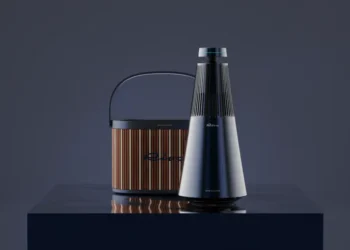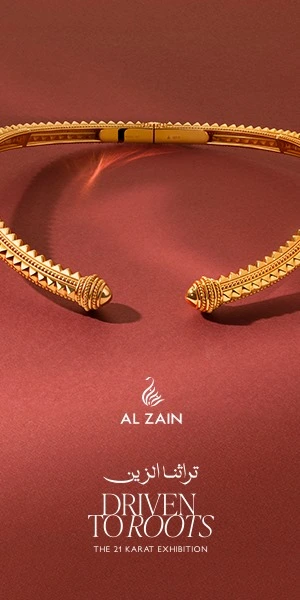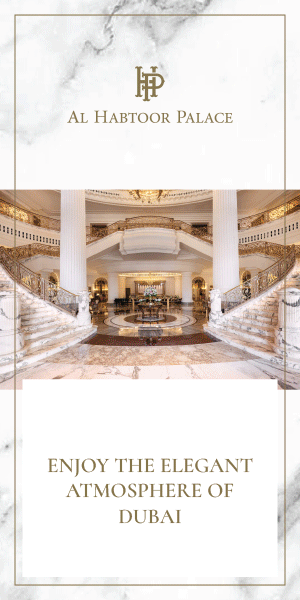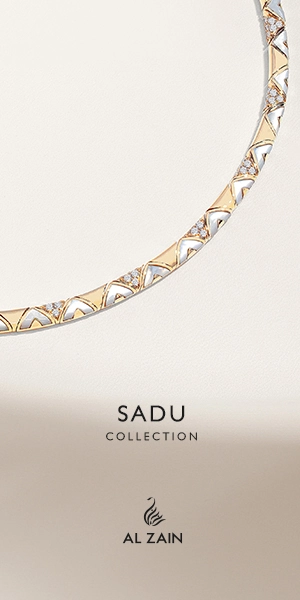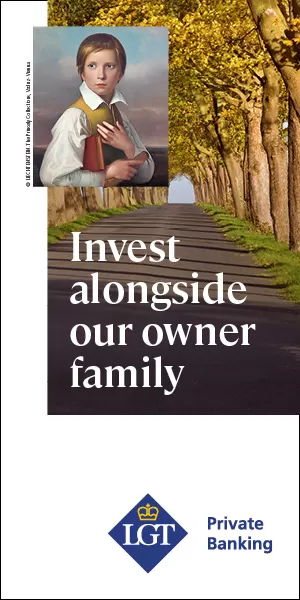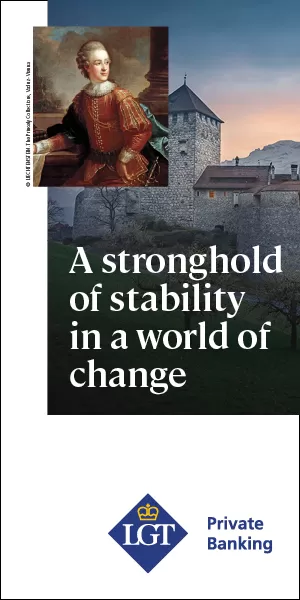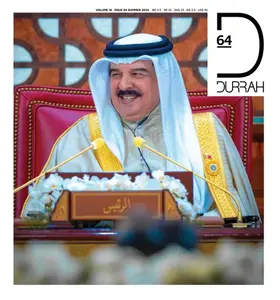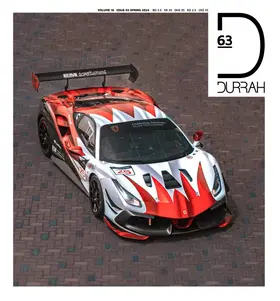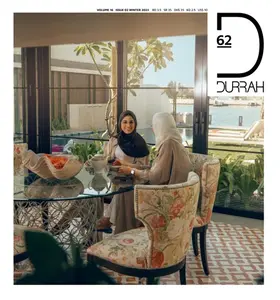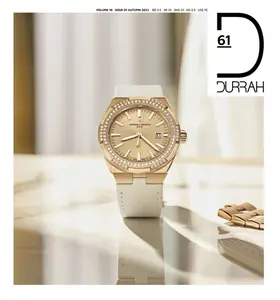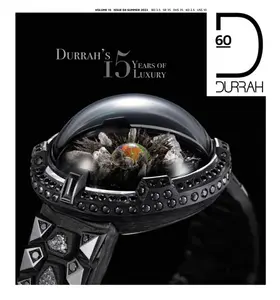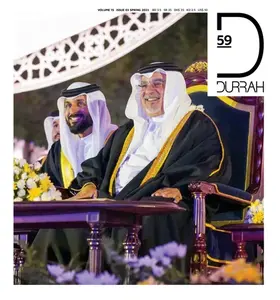Following the success of last year’s ‘AlUla Ever’, which showcased the region’s geological wonders, rich cultural heritage and flourishing arts scene, ‘AlUla Flora’ invites readers on a visual and educational journey through the city’s lush ecosystems. The book highlights over 80 plant species that flourish in AlUla’s diverse landscapes-from rocky sandstone outcrops and vast desert plains to a verdant oasis teeming with natural springs.
Featured plants include the Hispid Viper’s Bugloss with its bright funnel-shaped flowers, the striking Spiny Milkvetch with pinkish-purple blooms, and the culturally significant jujube tree. Each species is presented not only for its ecological value but also for its role in local traditions, from Bedouin crafts to ancient culinary uses.
The book is a visual exploration of the little- know flora of the city and an educational journey that illuminates the significant conservation efforts underway in AlUla to restore and
rewild its ecosystems and preserve its native plant species for years to come. These efforts underscore a commitment to sustainability and ecotourism, aimed at enriching the lives of the local community and visitors alike.
The publication of ‘AlUla Flora’ highlights the destination’s dedication to environmental stewardship, evidenced by the allocation of more than 50% of AlUla’s geographical boundaries to protected nature reserves – including Sharaan, Wadi Nakhlah, Gharameel, Harrat Uwayrid, Harrat AlZabin, and Harrat Khaybar.
Integral to AlUla’s mission is the restoration of the land and its ecological heritage through the reintroduction of essential native species of both flora and fauna that once flourished there. The animal reintroduction program, which launched in 2023, has already seen successful animal releases of around 1,000 animals from four species- Arabian gazelles, Sand gazelles, Arabian oryx, and Nubian ibex.
AlUla’s legacy is one of harmony with nature, a testament to a region that has nurtured human civilisation for millennia through its generous natural resources. In this way, AlUla is reclaiming its past and sowing the seeds for a revitalised future where nature and humanity continue to thrive in balance.























